
There’s never a good time to have a cold and it’s irritating when it interferes with your plans. Unfortunately, we are not immune to getting ill at any time of the year and we’re at increased risk of infection as we age.
Most of us just want to know how to get rid of a cold fast, and the good news is that there are foods that help to fight colds.
Dr Jenna Macciochi, an immunologist who specialises in understanding how nutrition interacts with the immune system, says: “Proper nutrition plays a vital role in supporting the immune system and can help prevent illnesses like the common cold.”
However, eating healthily isn’t just important when you have a cold, it’s about maintaining this as a lifestyle.
“We often think of vitamin C as being the key immune-supporting nutrient,” says Dr Macciochi. “But the immune system requires us to be sufficient in all essential vitamins and minerals and to follow a balanced diet to function properly.
“If we fall short, our immune function may be compromised.
“Also, each of the macronutrients – protein, carbohydrates and healthy fats – within the main food groups plays a unique role in supporting immune function.”
No one specific food or nutrient will help you get rid of a cold, and variety is key, but there are certain nutrients and types of foods you should consider including in your diet. Specific foods to build into your diet for increased immunity include oily fish, wholegrain starchy carbs, and plant proteins like beans, lentils, nuts and seeds. Nearly all fruit and vegetables can help to support immunity, but particularly good choices are apples, strawberries, kiwi fruit, oranges and carrots. Drinks that can be helpful include herbal teas, especially echinacea tea, and sugar-free kombucha (a fermented drink). And if you are partial to a bit of dark chocolate, the good news is that it's also an immune-system-friendly choice.
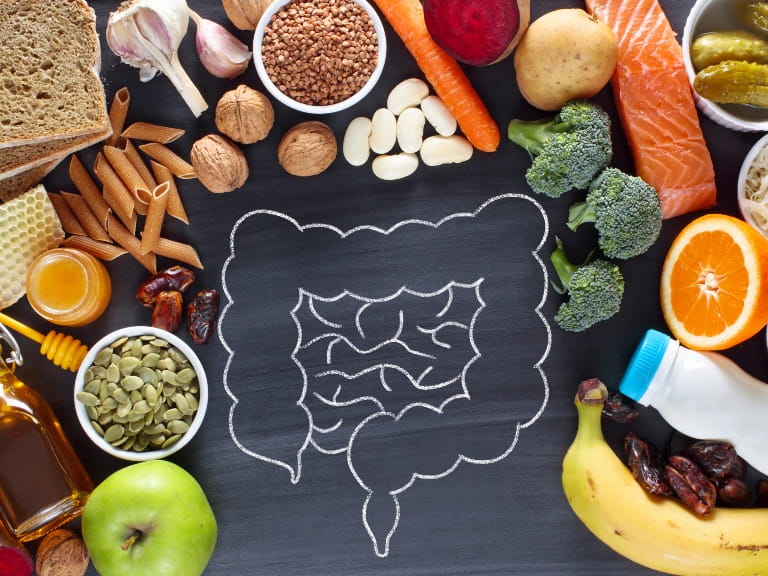
Gut health affects all aspects of health, and immunity is no different.
“Seventy per cent of your immune system is in your gut,” says Dr Linia Patel, a registered dietitian and spokesperson for the British Dietetic Association, “so having good gut health is a fundamental basis for good immunity.”
So how can we achieve that?
“Your gut’s favourite food is fibre,” Dr Patel says. “It has a ‘prebiotic’ effect by feeding your ‘beneficial’ gut bacteria, therefore enriching your gut microbiome – [the trillions of microorganisms that live in your digestive tract].”
Current Government guidelines say we need to increase our dietary fibre intake to 30g (1oz) per day; most UK adults are eating only around 20g per day.
Fibre can be found in wholegrain varieties of starchy carbohydrates like oats, whole-wheat bread, brown rice and quinoa, as well as in pulses such as lentils and beans, and fruits and vegetables including strawberries, kiwis, carrots, broccoli, and even dark chocolate.
Wholegrain carbohydrates not only help stimulate immunity through your gut, they power your immune cells too – double whammy!
Both Dr Macciochi and Dr Patel point out that carbohydrates provide glucose, which is a source of energy that fuels immune responses. Again, opting for wholegrain varieties rather than refined grains is best, as these are packed with health-promoting nutrients.
Picture a plate filled with colours of the rainbow in the form of foods like carrots, tomatoes, spinach, blueberries, oranges and cabbage. This isn’t just eye-catching and enticing, it goes a long way in protecting your health.
This is thanks to the phytonutrients (natural compounds found in plants) that give plants their rich colours. There are thousands of different phytonutrients and the most common are carotenoids, ellagic acid, resveratrol, flavonoids, phytoestrogens and glucosinolates.
Carotenoids are particularly beneficial, as they can be converted into vitamin A, which can enhance immune function and protect against multiple infectious diseases.
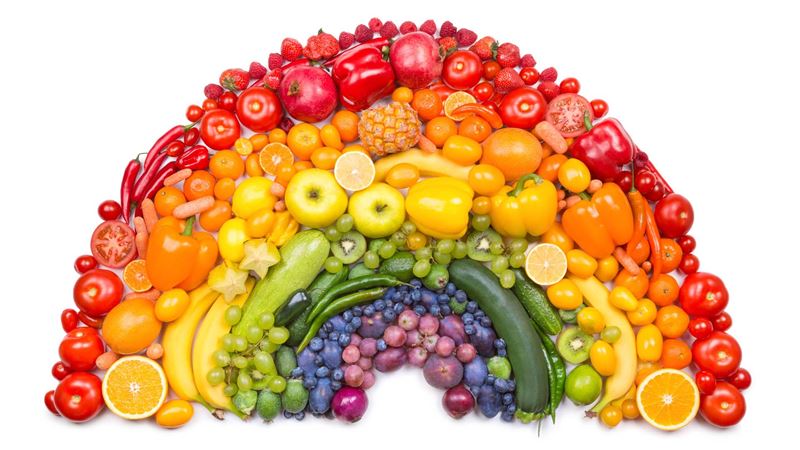
Phytonutrients also help our gut bacteria to thrive and further promote a healthy immune system. Including a variety of different plant foods, such as fruits and vegetables, in your diet can contribute to diverse gut bacteria. And a more diverse gut microbiome is considered a healthier one.
When it comes to varying your diet, Dr Patel says: “If you’re always buying apples, mix it up by buying different types of apples. Even better, buy other foods like pears and oranges as well.”
While research is limited, a review of studies has shown that vitamins C and D and zinc can positively influence how the common cold affects you. The review noted that regular supplementation (1–2g a day) of vitamin C may reduce the duration of a cold by 8% in adults, as well as the severity.
Meanwhile, the same review showed that zinc supplementation may shorten the duration of colds by around 33% and vitamin D supplementation can help to protect against the common cold. While this relates to supplementation, prioritising getting nutrients from food before using supplements is best.
“Vitamin D particularly supports a group of immune cells called killer T-cells,” says Dr Patel. “It prevents the spread and movement of foreign microorganisms throughout the body and modulates upper respiratory (nose, throat, pharynx and larynx) health.”
There might be occasions when supplementation is necessary. The NHS recommends older people take Vitamin D supplements every day.
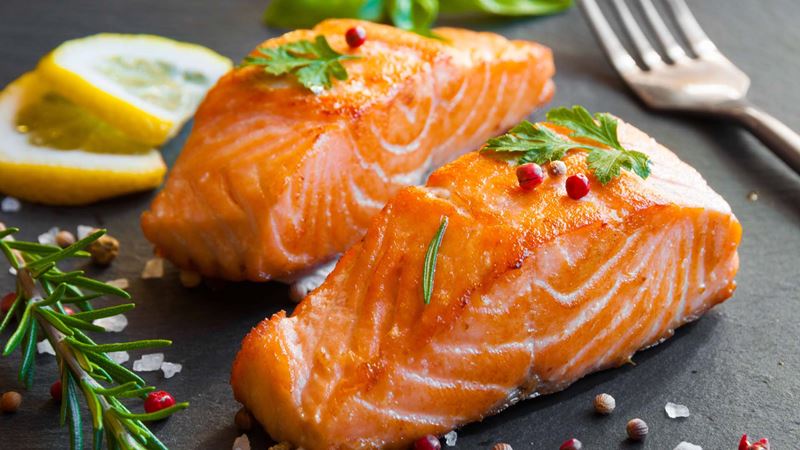
You can also get vitamin D from foods like salmon, sardines, tuna and some varieties of mushroom that have been left exposed to sunlight.
Foods high in vitamin C include oranges, strawberries, parsnips, broccoli and peppers.
Good food sources of zinc are nuts and seeds like pumpkin or sesame seeds and cashew or pine nuts.
Protein supports muscle growth and also aids our immune system. Dr Macciochi says: “Proteins provide the building blocks for new immune cells and infection-fighting antibodies.”
Animal products – including meat, fish, eggs, milk, yogurt and cheese – are good sources of protein. Plant-based sources of protein include beans, lentils, pulses, tofu and nuts and seeds.
Not all fats are bad for you. In fact, Dr Macciochi says: “Omega 3 fats, sometimes called ‘good’ fats, are incorporated into the membranes of immune cells, which supplies raw materials for immune molecules to resolve inflammation that can occur after an infection.”
Omega 3 fatty acids are found in oily fish like salmon, sardines, trout and mackerel. However there are Omega 3 alternatives if you don't eat fish.
According to the NHS, we should aim for at least two portions of fish a week, one of which should be oily. However, most of us aren’t reaching this and are likely short in these essential fats.
What you’re drinking is also important for staying healthy. Dr Patel says that staying hydrated helps your immune cells to function.
Current UK guidelines recommend that adults aim for six to eight glasses (roughly 1.2 litres or 2.1 pints, which equates to six 200ml (7 fl oz) glasses or eight 150ml (5 fl oz) glasses) of fluids per day.
This doesn’t just have to be water – why not have a herbal tea or try some sugar-free kombucha instead? What about honey and lemon water? Is it an effective remedy for getting rid of a cold or is that a myth?
“There is no magic bullet liquid,” says Patel. “However, it’s a good way of gaining fluid and if it’s soothing your throat then it’s a good option.”
That said, echinacea tea could be a more beneficial option. Regular consumption of echinacea has been found to help with preventing and treating the common cold.
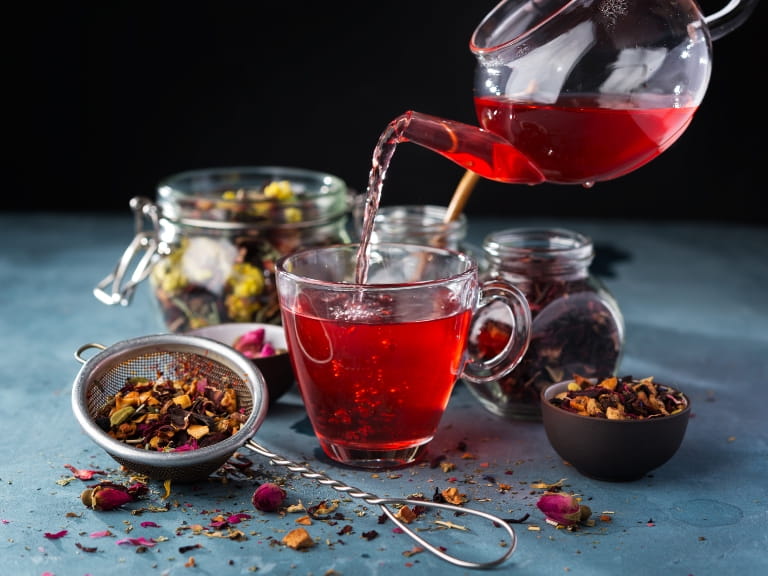
While the saying goes, ‘feed a cold, starve a fever’, sometimes you might just not be feeling up to it.
In this case, Dr Patel says: “Liquid calories like a smoothie or soup might be easier to tolerate. Also, maybe try eating frequent small meals throughout the day rather than less frequent larger meals.
“The most important thing is that you’re getting healthy nutrients.”
Gemma Harris has been a journalist for more than seven years and is a self-confessed health and wellbeing enthusiast, which led her to specialise in health journalism. During her career, she has worked with top editors and publications in the industry.

Health insurance for people over 50 that provides a quicker route to diagnosis and planned medical treatment in a private facility.
Underwritten by Bupa Insurance Limited.
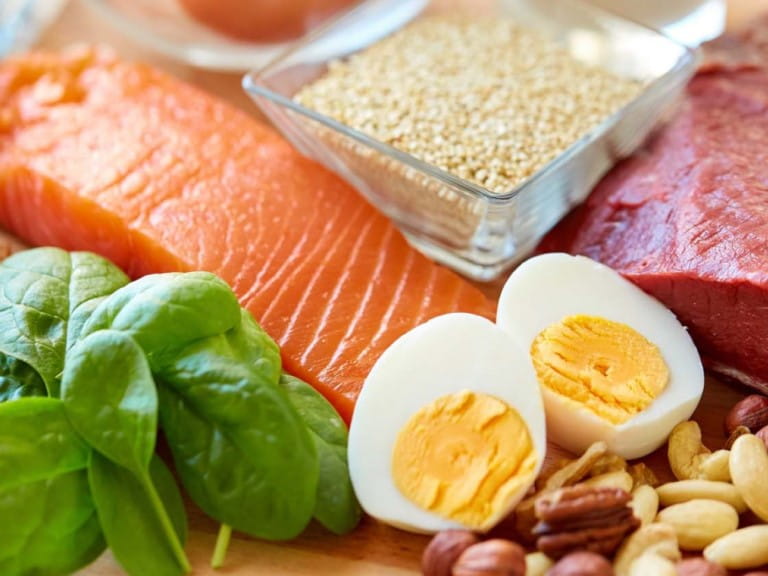
Everything you need to know about protein, from what it does for your body to the best high protein foods – and how much you really need.


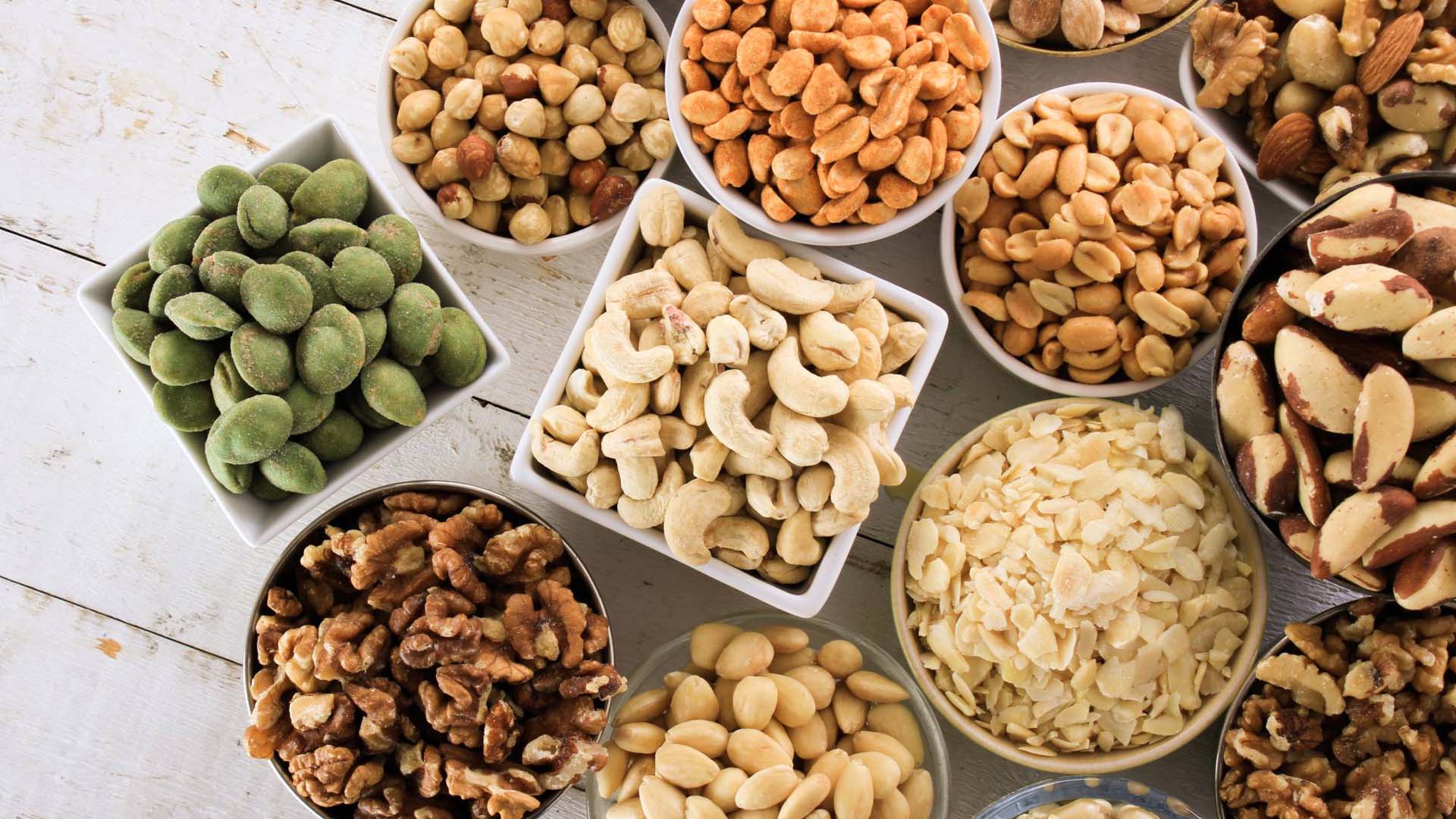
Let’s roast the myths! Not only are nuts less fattening than once feared, research shows they can cut the risk of heart disease too
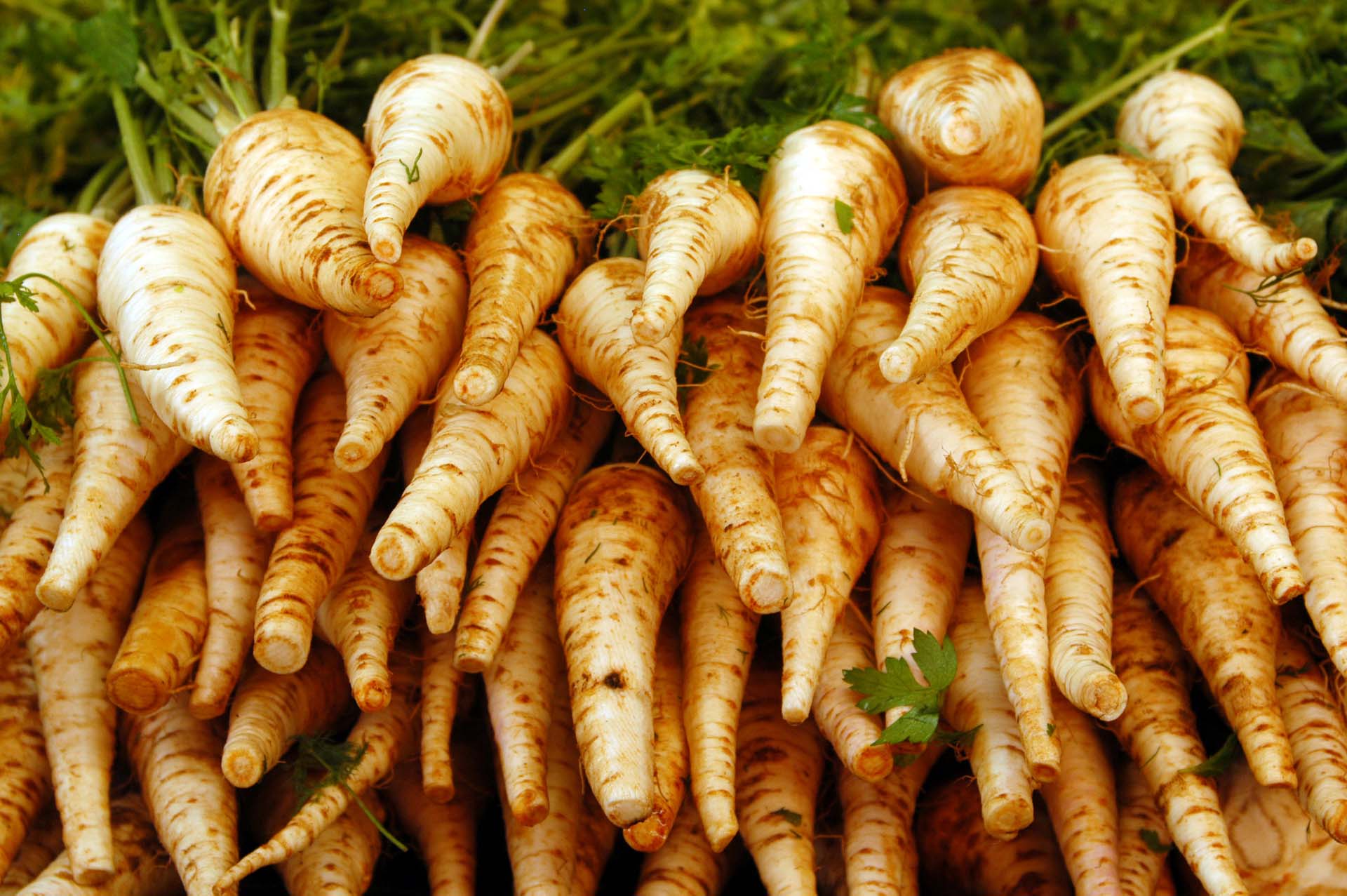
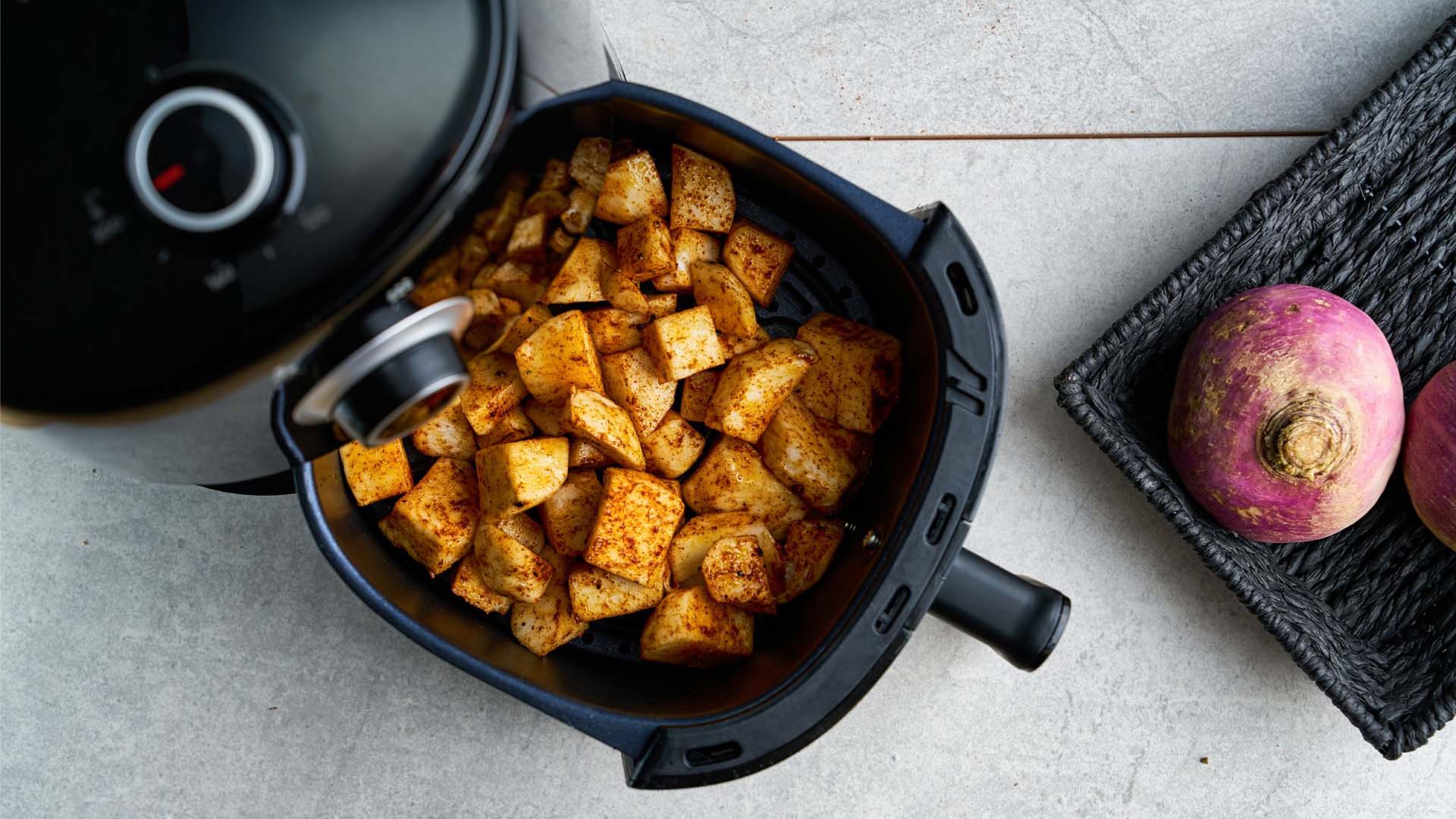
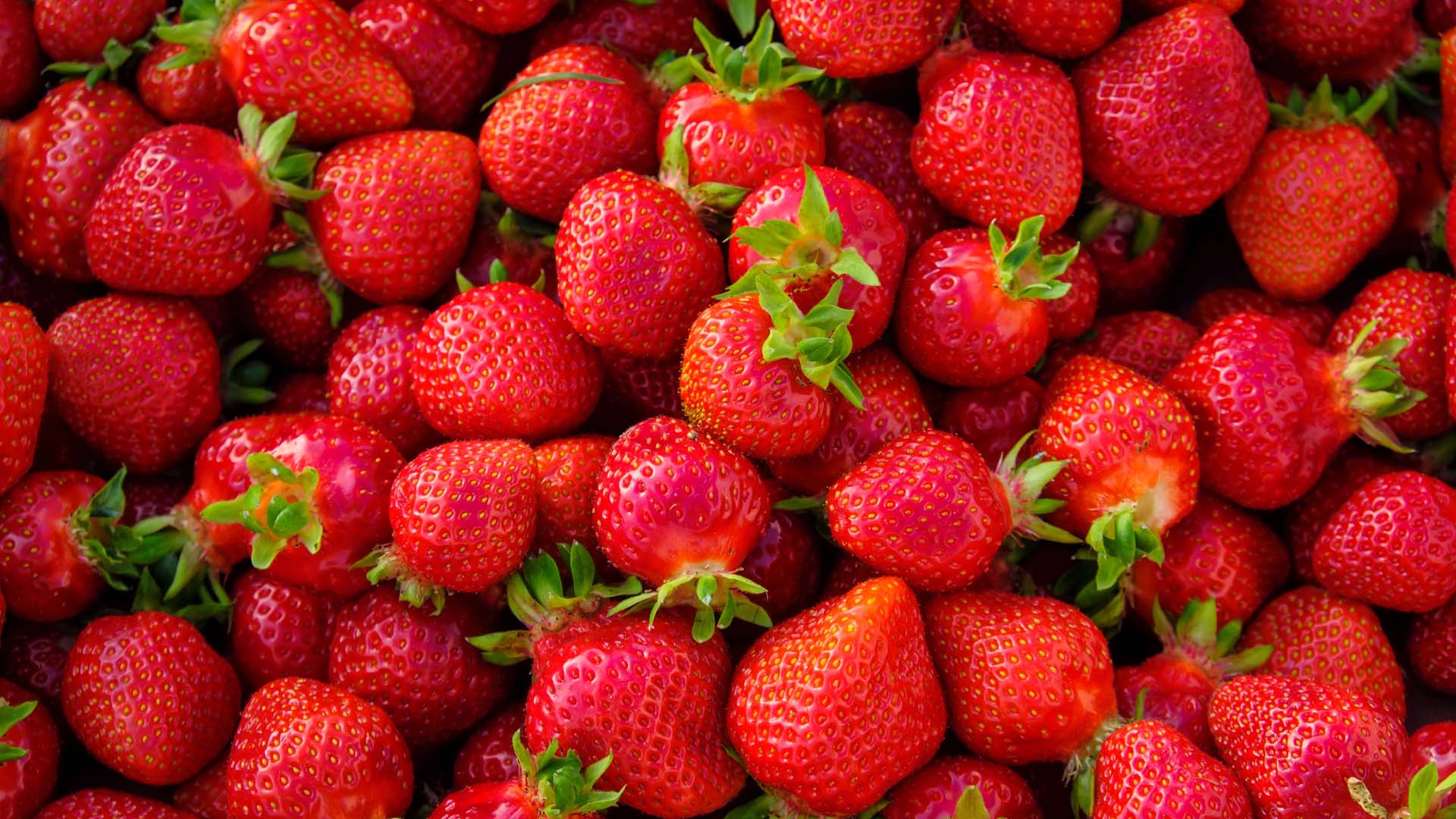
Strawberries don't just taste and look great, they are full of fibre, help your heart health and may even stave off dementia.

Looking after your gut health could be one of the biggest things that you can do for your overall health. Here are the best foods to keep your gut happy.
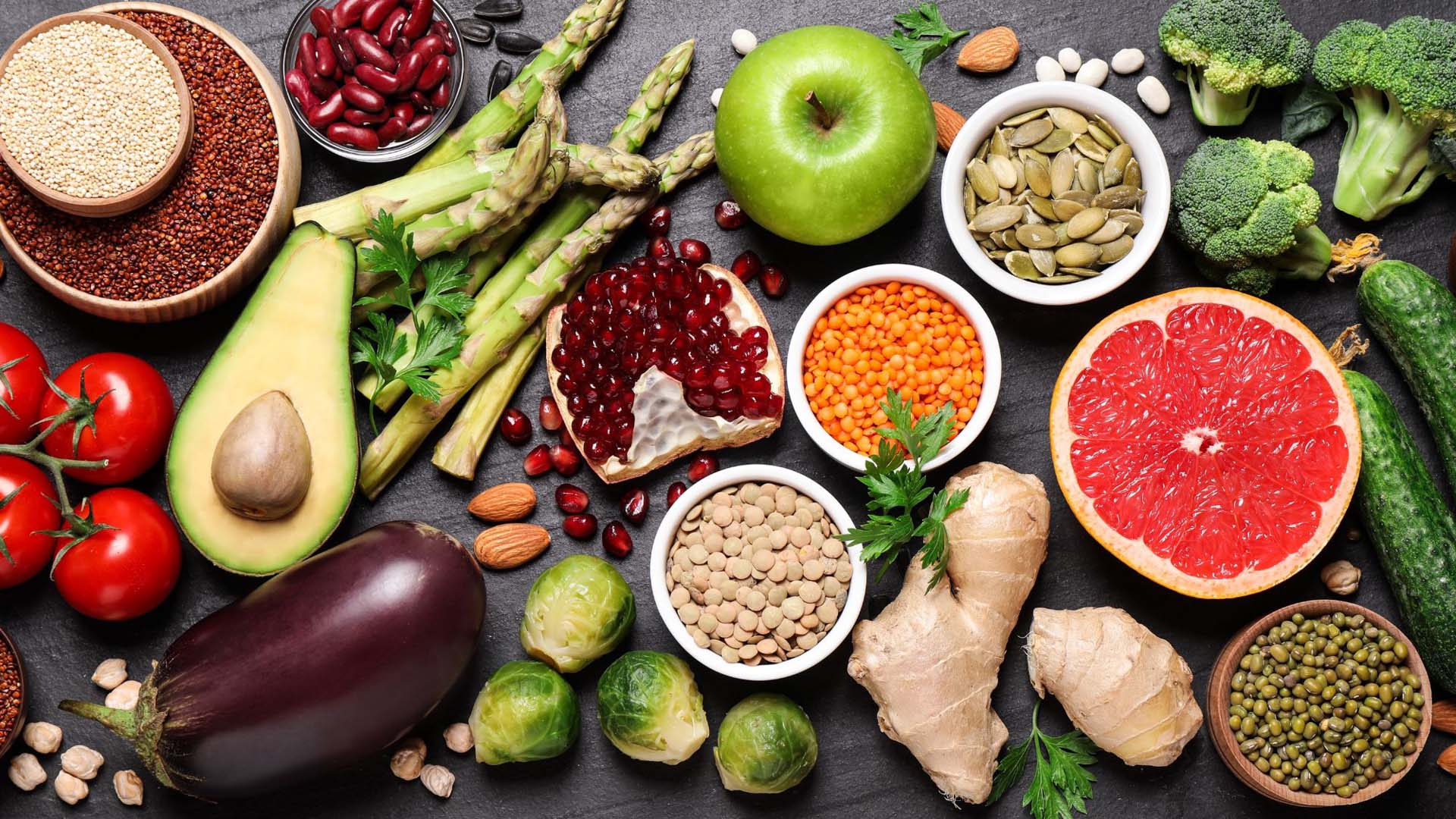
The foods that could help you live longer and protect against chronic illness.